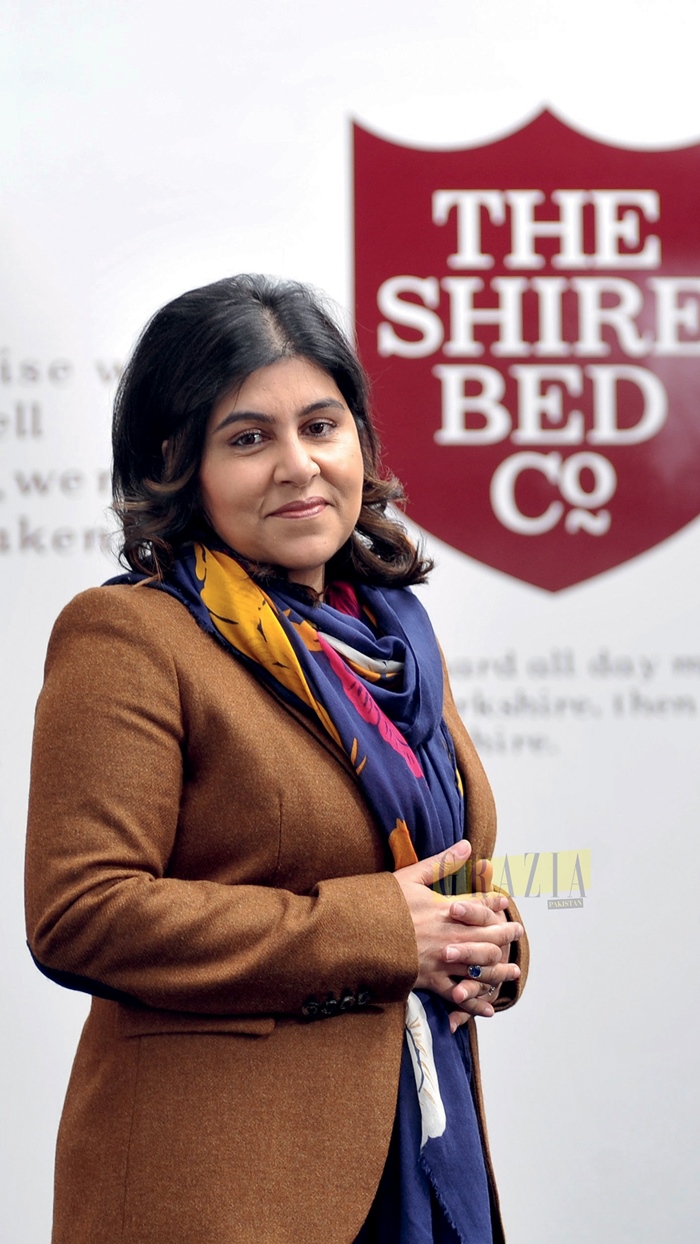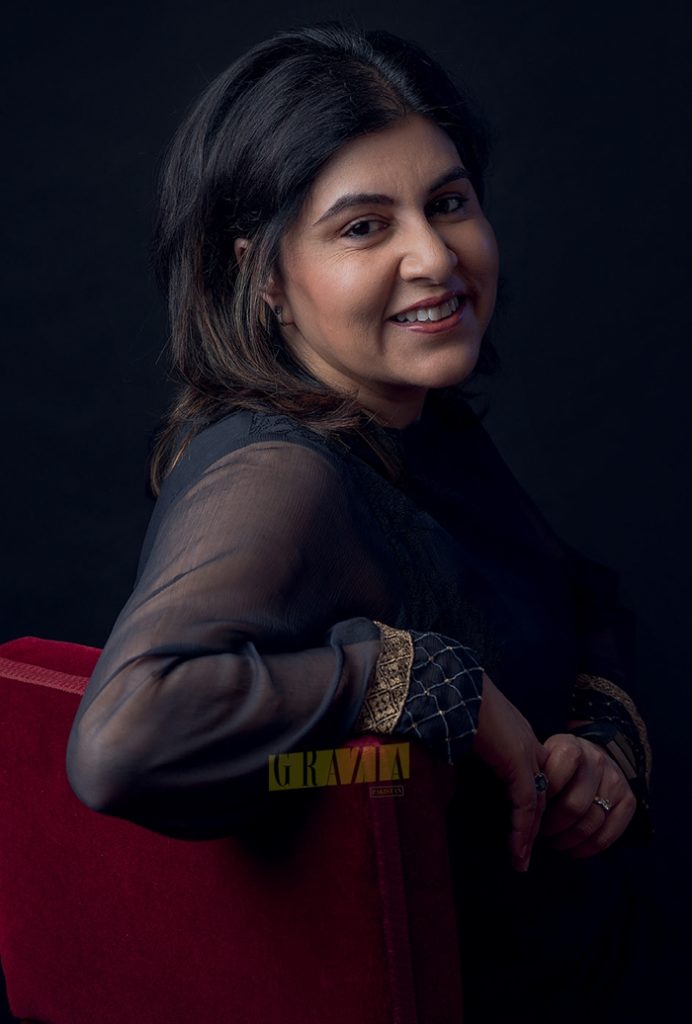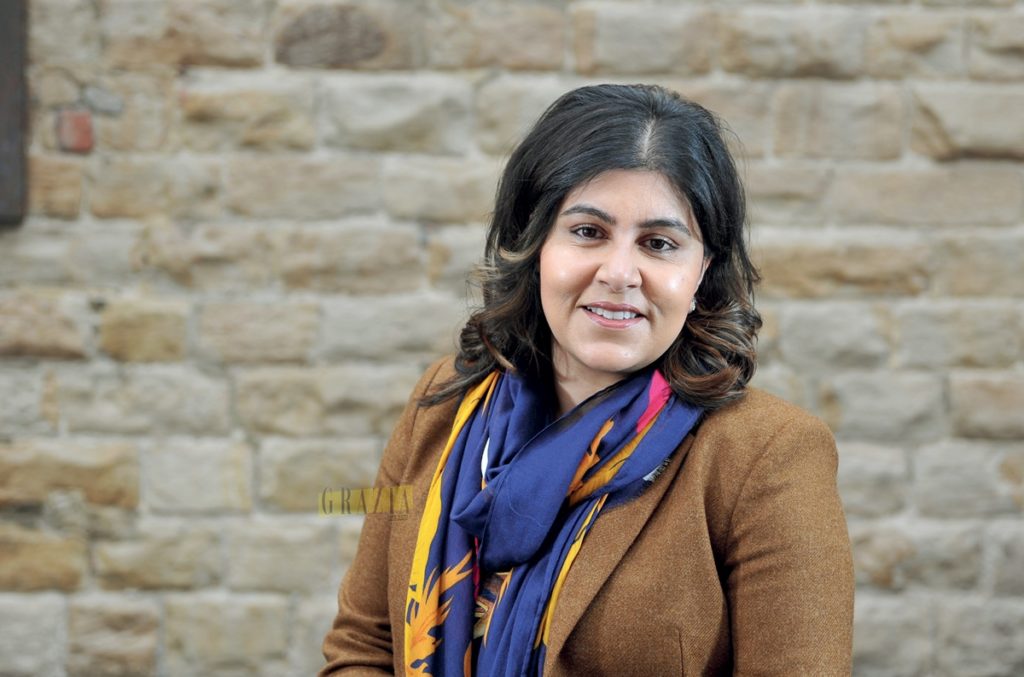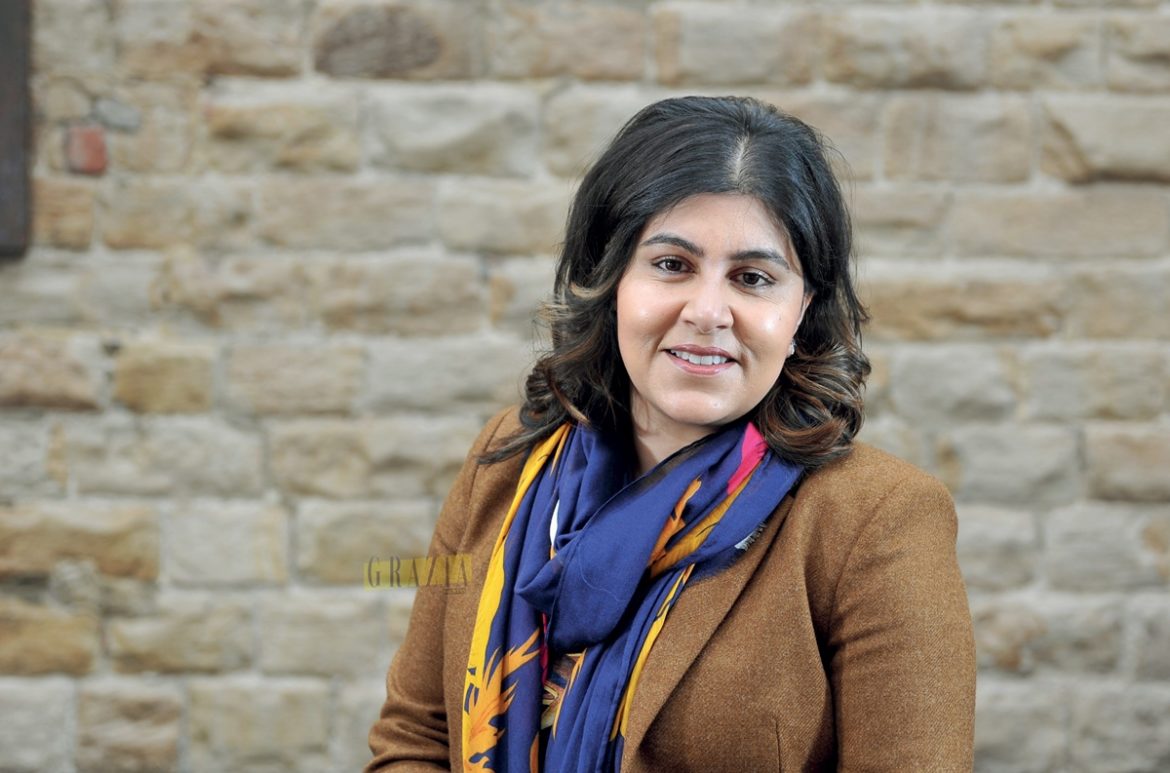So, tell us a little about your childhood, how was it growing up as a Pakistani immigrant in the UK?
I have very fond memories of the childhood and growing up here in Yorkshire in the 60’s. My family came over here in the 50-60’s, we were your typical working class family, we came from a very humble background. Like lots of people from that generation, my father worked in the mills, but my mum was quite happy when he got the promotion to a “bus conductor”. It was a big deal for us back then!
How did you navigate between your Pakistani heritage and being British?
Like most Pakistani families at the time, we came from a very conservative background. My parents were very conscious of our roots, they wanted us to keep our culture, religion and traditional values. So navigating between the two was somewhat challenging as we wanted to fit in at school and with British society, but we were very conscious of our culture.
Those in Pakistan, always refer to us Brit-Paks as “confused” or claim that we don't know our own identity. What are your thoughts and experiences about that?
Growing up, to be honest, I never felt like I could fit in, I never could follow the fashion trends as they were considered inappropriate or deemed unfit in the conservative society that we grew up in. My parents and family would always be wearing shalwar kamees so it was never quite in line with what we saw in fashion in the 60s. Even at school I recall having quite a bit of resentment as I knew I was the odd one out and couldn’t ever feel accepted. But in the end, now looking back, I have to applaud my parents or family for being so confident and owning their roots and culture, I think now, as the third and fourth generation, they wouldn’t be able to do it!
Times are changing and gender equality is being pushed more and more in todays arena. What are your experiences regarding that?
5 sisters. My parents were desperate for a boy and a son, and I think to some extent my mother felt a lot of guilt around that. In order to compensate and perhaps being from a female family, it drove my parents to become feminists by default as we had no brothers and no boys, so they really pushed us girls hard in to education and working hard. In fact, one of the things my dad would always say time and time again, was the mantra “you have to be better than the boys”. Since they didn’t have a choice, we were always forced to be the best we could be. I see it as a blessing in disguise, because, if there was a boy in the family, perhaps there would be preferential It’s interesting you mention that. Not many people know this, but I am one of treatment and perhaps I wouldn’t have had the opportunities I have had.

What do you recall most growing up? Lessons learnt?
I think the most important lesson I’ve learned growing up, is that education and learning never goes to waste. My parents had always forced us in to education, going to college, university, the pressure on getting good grades and working hard was something that was always instilled in us and I think it is a work ethic I continue to have today. A lot of people in the Pakistani community in the 60’s were blue collar workers, and it was tough as immigrants to get the jobs we wanted, but by getting that education and those qualifications you could start to break down those barriers, especially being a woman and someone from an ethnic minority.
So, what made you want to get in to politics and why?
I was always politically aware and in tune with the current political climate. The 70’s and 80’s was a very volatile time in politics both in Britain and globally. This was a time of Nelson Mandela, apartheid, the civil rights movement in the US, and I guess I identified with that fight very early on. It had nothing to do with religion or culture, but the basic human right to equality regardless of race, colour, gender and culture — it was an overwhelming want and desire that as humans we all deserve. You know the news at 9pm everyday was a compulsory, obligatory family affair. Everything would stop at the house for the 9pm news, and in a lot of ways I was aware of the political landscape and global events from a young age.
So how did you get involved in British politics? Talk to us about that journey.
To be clear, actual party politics came a lot later in my life. In fact it wasn’t until the events of 9/11 did I become involved in party politics. The narrative we used to talk about Muslims and the space for being a Muslim in the western world had changed considerably, to be clear, for the worse. If you were a Muslim you automatically had a target on your back, and I knew something had to be done in order to change that. I was a lawyer at the time with my own practice, and I decided to run for the local seat, which I lost! However, I joined the Conservative party as an Adviser to the Chair and was then elected to the House of Lords when I was 36 years old as a life long peer. It was an honour, truly. Working on the Cabinet with David Cameron I was always conscious of my own mission to eradicate injustice and prejudice, which is why I was appointed as a Minister for Faith & Communities.
How do you respond to those that accuse your appointment due to ‘tokenism’?
Its interesting you ask that, because I remember a lot of people saying to me “do you think you only got to where you got to because you’re a Muslim, Asian, woman?” and my answer now is the same as then, “I don’t know about that, but what I do know, is if I was a white man who schooled in Eton, I would be a
Prime Minister”. Therefore people like me, who look like me, who are from my background have to work ten times harder, and let me tell you, I worked damn hard to get here. (slams table)

What were some of the biggest challenges you faced during your term?
I think one of the biggest and perhaps constant challenges was always feeling like I had to fight for my place and seat at the table. Having a name like Sayeeda Warsi, being Asian, being Muslim, being a woman, again, I was always aware that I stood out, that again, I didn’t fit in, that I was the ‘other’. Being from a minority race, it was always a struggle, on the one hand you want to have your voice heard but on the other you want to do right by your community, and be a role model that they can be proud of. So it was a struggle in a way, which is why I mentioned earlier, that I worked damn hard to get to where I did, and still do!
Where do you see the future for British Muslims?
I mean, let me be honest, it is not easy to be who I am in todays society. It’s a tough time for us, right wing nationalist politics is on the rise across Europe and in US. We live in a world that being slamophobic is becoming the norm and being Muslim means you still have a target on you.
We still don’t have a defined definition of Islamophobia and we are still debating that in government. I set up an APPG called British Muslims, in which we discuss the issues we Muslims face and come up with real solutions. Of course, we, as politicians have a responsibility to enact change and we will, however, the change also needs to come from the ground up.
We have a real opportunity today to try and change that and make a difference, and step up, stand up and call it out. It’s not enough to just complain, we finally have the opportunity to make a change.


